(January 3, 2023) The Indian diaspora in Thailand is thriving. Ace industrialist Vashdev Tikamdas Purswani has played an instrumental role in this. He is one of the first businessmen of India to set base in the country known as the ‘Land of Smiles’.
The founder of the renowned Thai Martin Group, and the cornerstone of Sindhi community in Thailand, Purswani was honoured with Pravasi Bhartiya Samman Award (PBSA) in 2021. His unwavering dedication for making it possible for other Indians to build up their lives in Thailand, has been recognised.
Fondly known as Vashi Purswani, the retired industrialist was just 25 when he first landed in the Southeast Asian country in 1964. He was already married by that time. Entrepreneurship was in his blood – owing to his father’s entrepreneurial stint of trading silver and linen in Egypt, and his own exposure of working in Hong Kong. Those were the times of Vietnam wars.
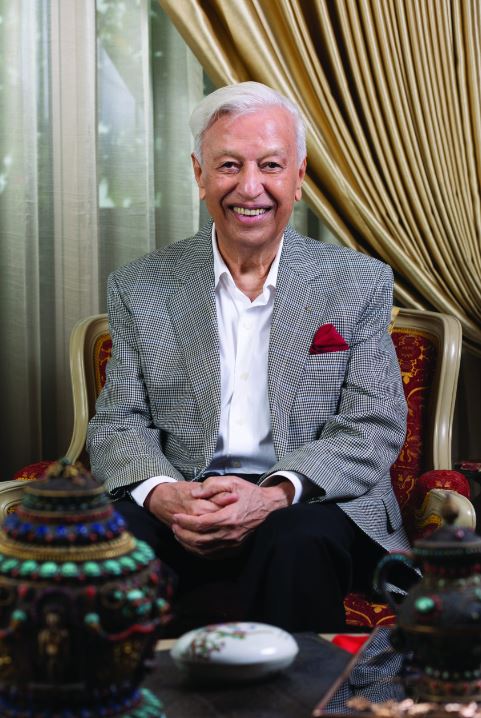
Vashi Purswani | Photo Credit: Masala Magazine
Tryst with Thailand
Purswani spent his early twenties in Hong Kong, working a variety of jobs to earn money. He spent time at a tailoring shop and sold Korean products to the American army personnel stationed there. One old customer, Martin, from the US Airforce, with whom he went on to become good friends, gave him a purchase order worth $40,000 to supply textile products from Bangkok to Vietnam. Martin even told young Vashi that Thailand is an upcoming business hub in the Asia-Pacific region.
Acting on his friend’s advice, Vashi made the trip. When he first landed in Bangkok in 1964, he felt at once that he could set up a life there.
Cut to sixty years later, Purswani is now one of Thailand’s most successful industrialists. Always indebted to his dear friend Martin, who played such an instrumental role in directing his life’s journey to a new and unknown land, Purswani named his company the Thai Martin Group.
His message on the Thai Martin website reads:
Remember, there are no failures in life, only results. There are no true tragedies, only lessons. And there really are no problems, only opportunities waiting to be recognized as solutions by the person of wisdom.
Seizing opportunities
Now retired, Purswani remains one of the most respected members of the Thai-Indian diaspora. His four children run a range of businesses across several industries, including hospitality, agriculture, property, finance, trade and retail.
The Thai Martin Group also does joint ventures with prominent international players, like TVS Group, Aditya Birla Group, and Thapar Group from India and Siam Cement Group, Global Franchise Architects, and Kamalaya in Thailand.
“Of all my ventures, the partnership with Nestle, Switzerland felt like an achievement beyond my imagination,” the serial entrepreneur said in an interview.
The tailor shop
In 1964, when Purswani landed in Bangkok, he had five years of experience running a tailoring shop in Hong Kong. Still, life there had not been the stuff of his desires. His days of hard work had not fetched him much – he lived in a cramped apartment with the family of a business partner in Hong Kong.

Vashi Purswani was handed over the Pravasi Bharatiya Samman Award (PBSA) from Indian Ambassador to Thailand, Suchitra Durai | Photo Credit: Embassy of India, Bangkok
One year before he made his fateful trip to Bangkok, he had been married. His wife remained in India because he could not afford to bring her to or support her in Hong Kong.
As he was confident of his abilities. In Thailand, he set up a tailor shop not long after arriving there. He named it Martin Tailor. Fortune found him early, the shop became successful enough for Purswani to bring his wife and their new-born son, Nash, to live with him. Nash is now the MD of the Thai Martin Group in Bangkok.
Over the course of the next two decades, the Global Indian went on to open more than a dozen Martin Tailor shops across the country. The brand grew and went on to become the largest franchise of tailoring businesses in Thailand. This was a huge leap for Purswani considering the fact that he used to earn a meagre ₹ 80 a month at Hong Kong.
Taking obstacles in stride
Not all was well in Thailand the year Purswani arrived. The country was under a military regime, one that wasn’t friendly to foreigners doing business – and his friends cautioned him before he made the move. Purswani was fearful of the unstable political state and wondered whether he would be able to build a stable life for himself and his family but stayed put nevertheless.
“I was a headstrong, business- minded youngster who, having seen the challenges in Hong Kong, felt that obstacles could be overcome by hard work and building good local relationships,” he said in an interview.
Leading English Daily, Bangkok Post carried the news of presentation of Pravasi Bharatiya Samman Award to Mr. Vashdev Tikamdas Purswani by Amb Suchitra Durai. pic.twitter.com/aTIFQ3E81b
— India in Thailand (@IndiainThailand) September 26, 2021
Building Thai-Indian diaspora
As the franchise grew, Purswani began recruiting young Sindhis from India to work for him. Creating an environment of camaraderie and a sense of community helped business flourish.
“My first Sindhi apprentice was my brother-in-law, followed by 25 others. It was like a small ‘tailor cartel’, where each ran their own show, but we would all meet up to play cricket, have picnics, and share anecdotes of our customers,” he said.
Today many of the young apprentices and aspiring businessmen whom Purswani brought to Thailand are full-fledged business owners in the country. “I am very proud of every one of them and what they have built themselves into, both in their personal as well as their professional lives” he said.
The Sindhi community is a close-knit community in Thailand and the credit goes to Purswani – for always being there, ready to counsel and advise.
The Indian diaspora in Thailand now boasts of 7,000 families in the community. ‘It’s been an honour to see the community grow,’ he remarked.
Growth of Thai-Indian businessmen
After Purswani’s tailor shop franchisee burgeoned, he began venturing into larger investments with partnerships in real estate and the industrial sector. His children, who were grown up by this time, also showed interest in a more diversified portfolio of businesses.
The company was renamed, becoming the Thai Martin Trading Co. Ltd. They sold off their tailoring business to an associate, wishing him good luck. Keeping pace with the constant volatility of Thailand’s financial markets has been tough but the Indian diaspora has been able to triumph. With businesses built on a strong network of good relationships and friendships, a precedent led by Vashi Purswani, the community has been able to rise above the many challenges.
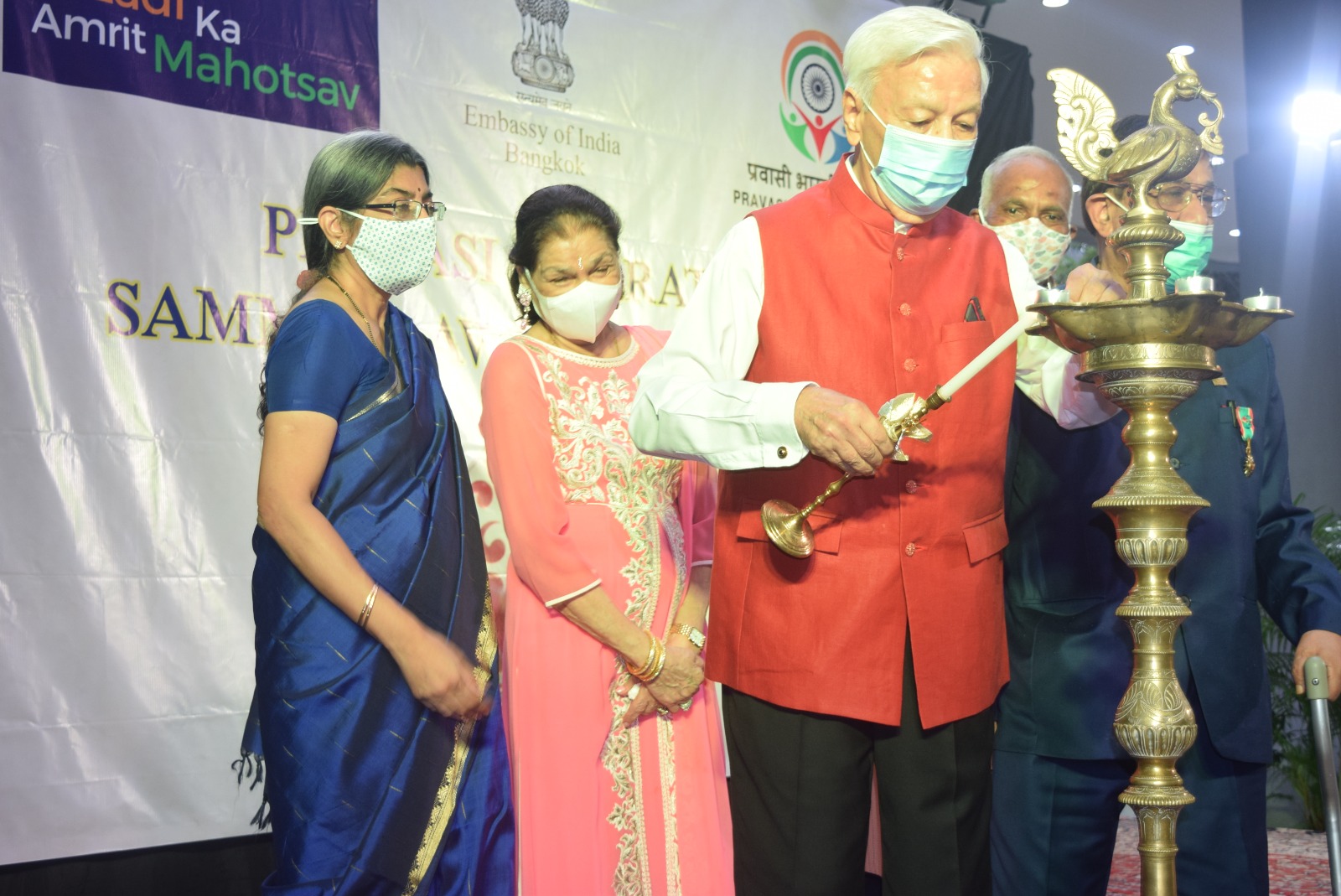
Vashi Purswani during Pravasi Bharatiya Samman Award (PBSA) ceremony | Photo Credit: Embassy of India, Bangkok
For the greater good
The retired patriarch manages to stay busy. One recent achievement of which he is particularly proud is becoming a major ‘consortium’ shareholder and President of Phoenix Pulp & Paper. The nearly-bankrupt mill found its fortunes turned around by the veteran businessman, with no specialised expertise in managing such a large pulp and paper business but enough acumen to see him through.
“In my own way, I feel proud to have been part of the journey with industrialists, property tycoons, and many members of the Thai and Thai-Indian community who have gone up in the ranks and now run many key positions in businesses and in the government,” said the retired business tycoon who plays advisory roles these days.
The Purswani’s are building a Maha Kali Temple in the Chaiyaphum province of Thailand. Its uniqueness in terms of its aesthetics as well technological amalgamation is set to give the tourism industry a boost.
Vashi Purswani is a great example of one of those Indian immigrants who have not just amassed wealth but also intangible assets, like building a thriving diaspora from which generations to come will benefit.
- Follow Thai Martin Group on its website

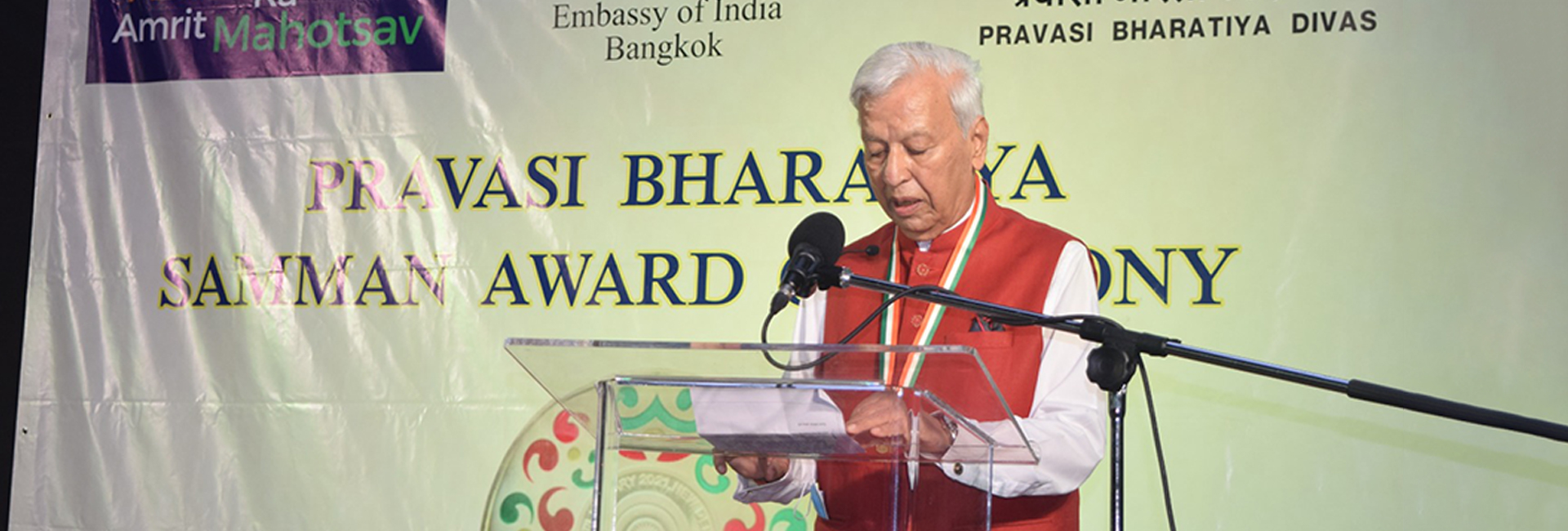

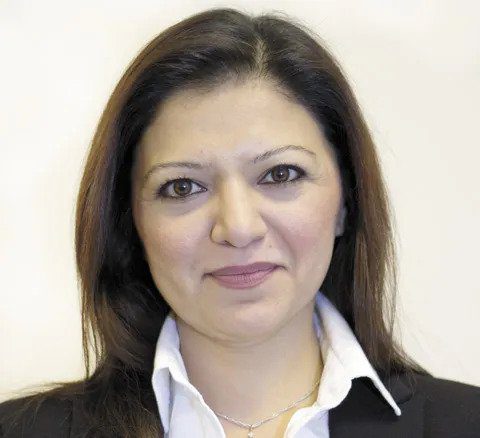 Sufiya Ahmed is a British-Indian author.[/caption]
Sufiya Ahmed is a British-Indian author.[/caption]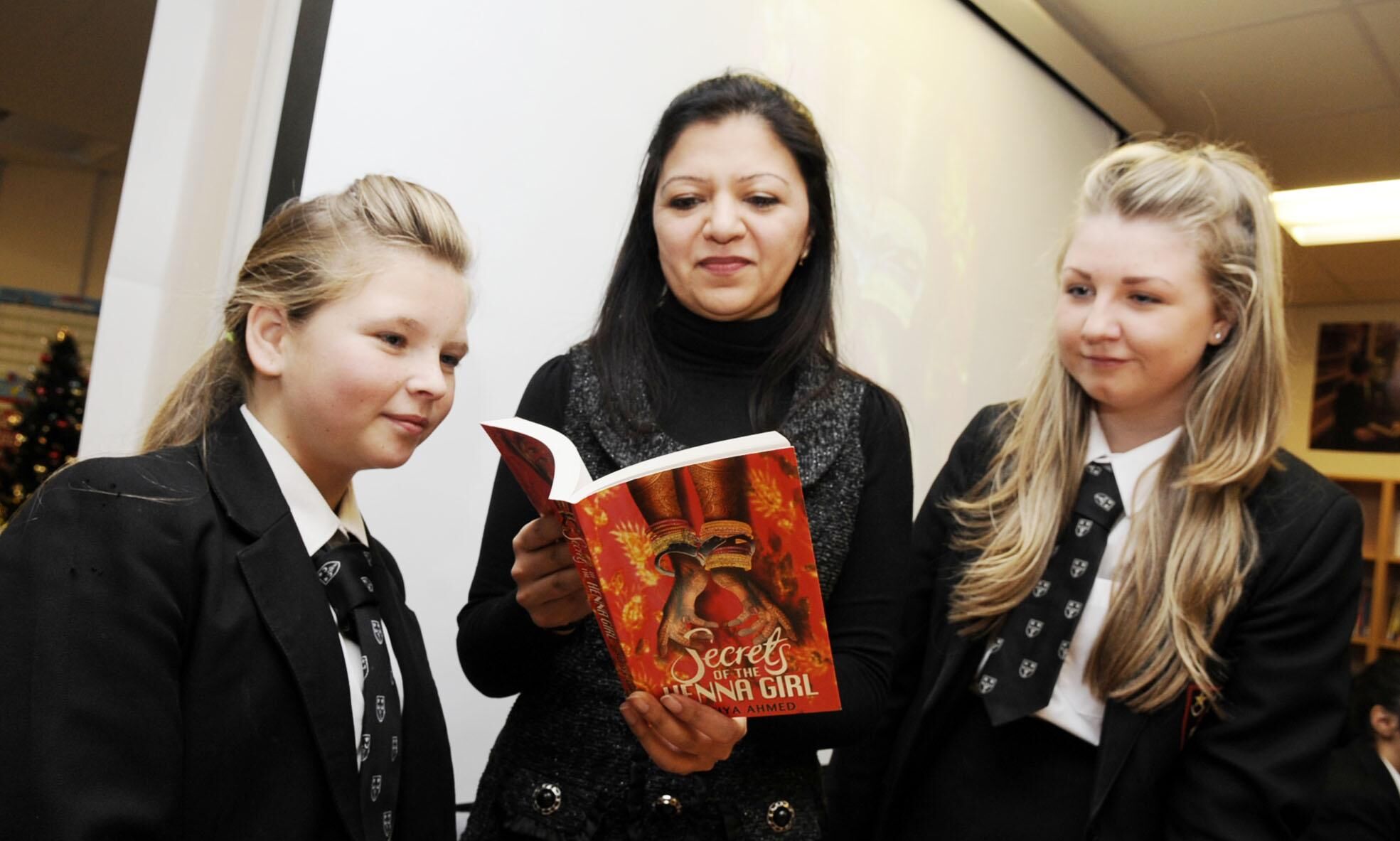 Sufiya Ahmed reading Secret of the Henna Girl to school kids in the UK[/caption]
Sufiya Ahmed reading Secret of the Henna Girl to school kids in the UK[/caption]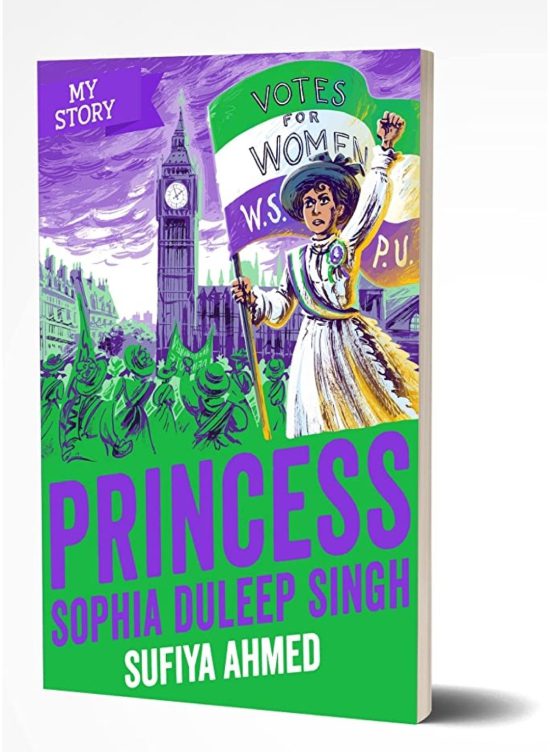
 Sufiya Ahmed's Rosie Raja: Churchill's Spy will be out in August.[/caption]
Sufiya Ahmed's Rosie Raja: Churchill's Spy will be out in August.[/caption]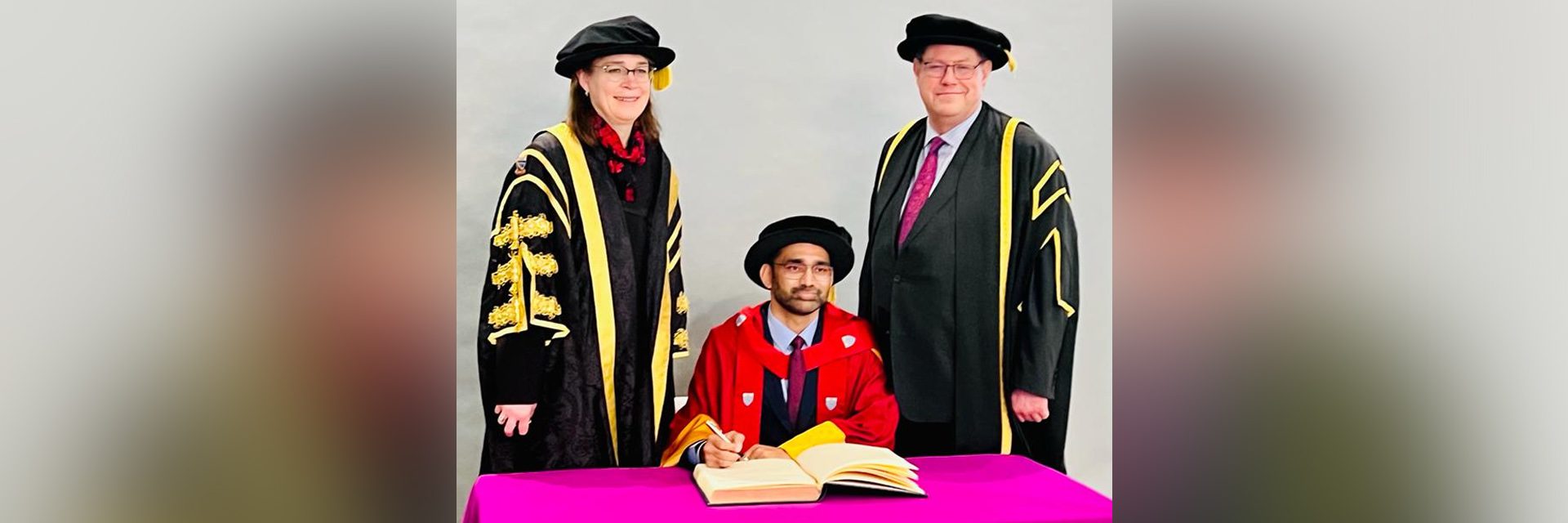
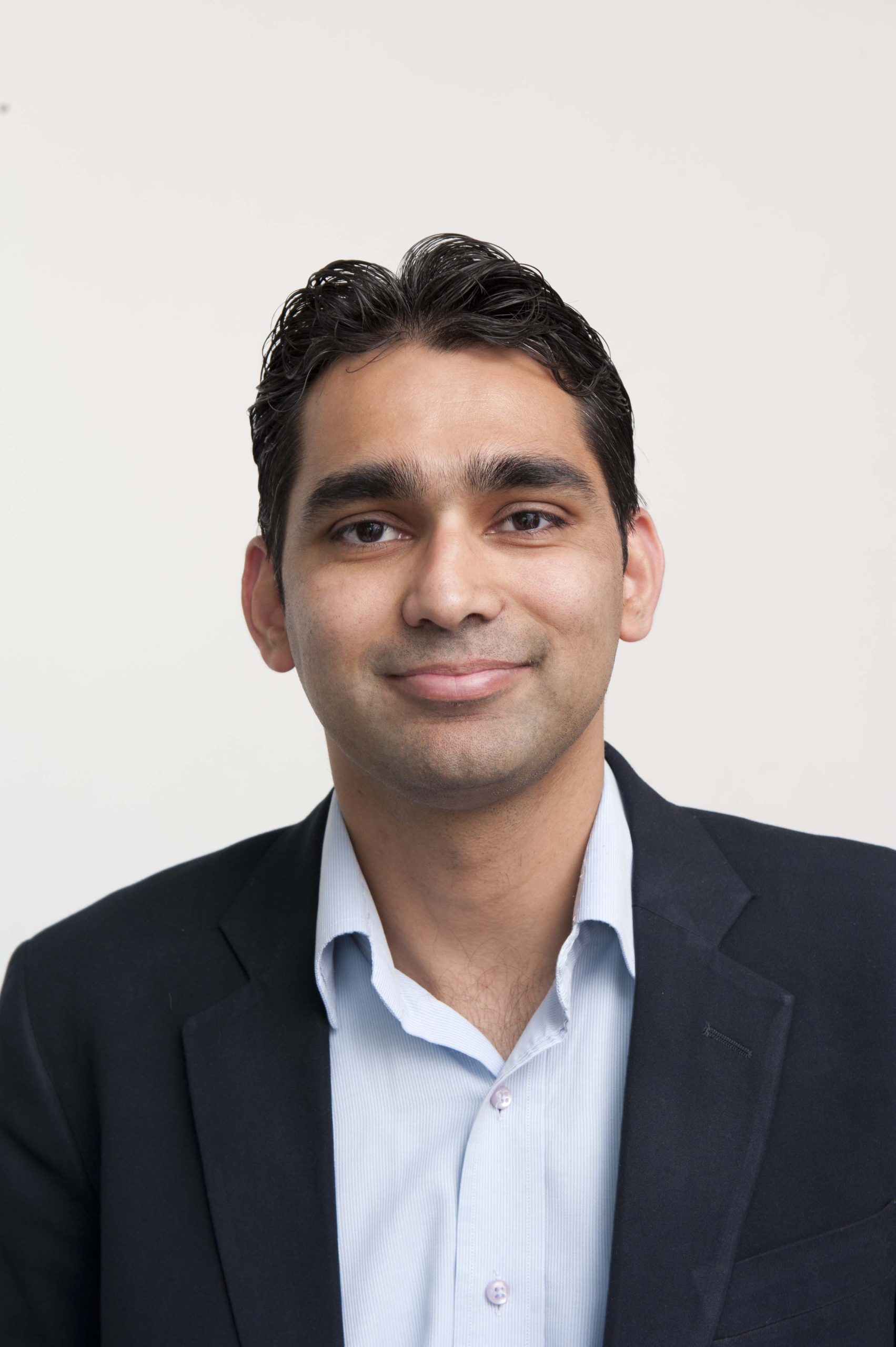 Gaurav Brahmbhatt[/caption]
Gaurav Brahmbhatt[/caption]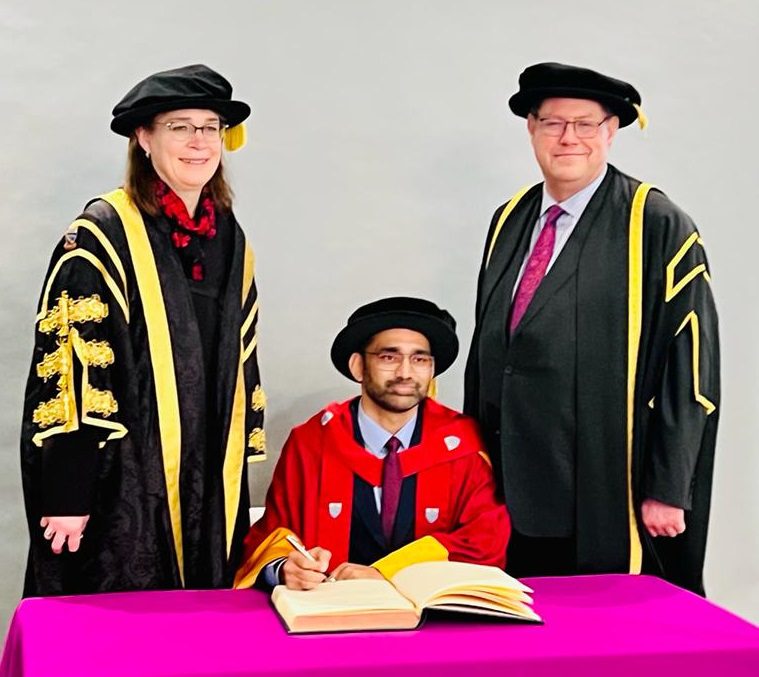 Gaurav receives his honorary degree from Aston University[/caption]
Gaurav receives his honorary degree from Aston University[/caption]

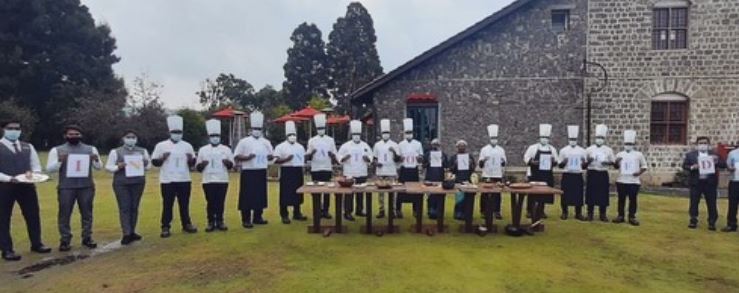



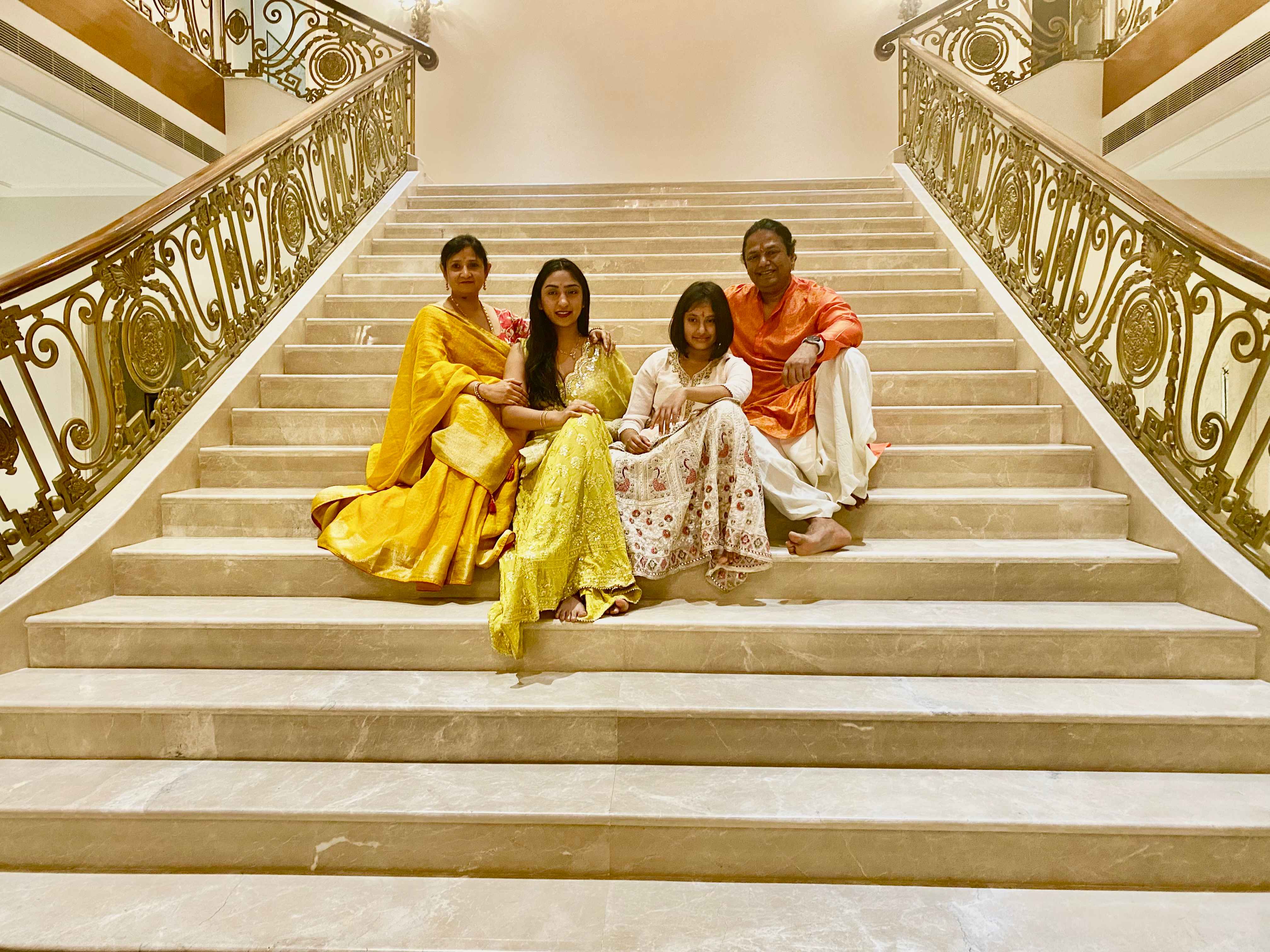
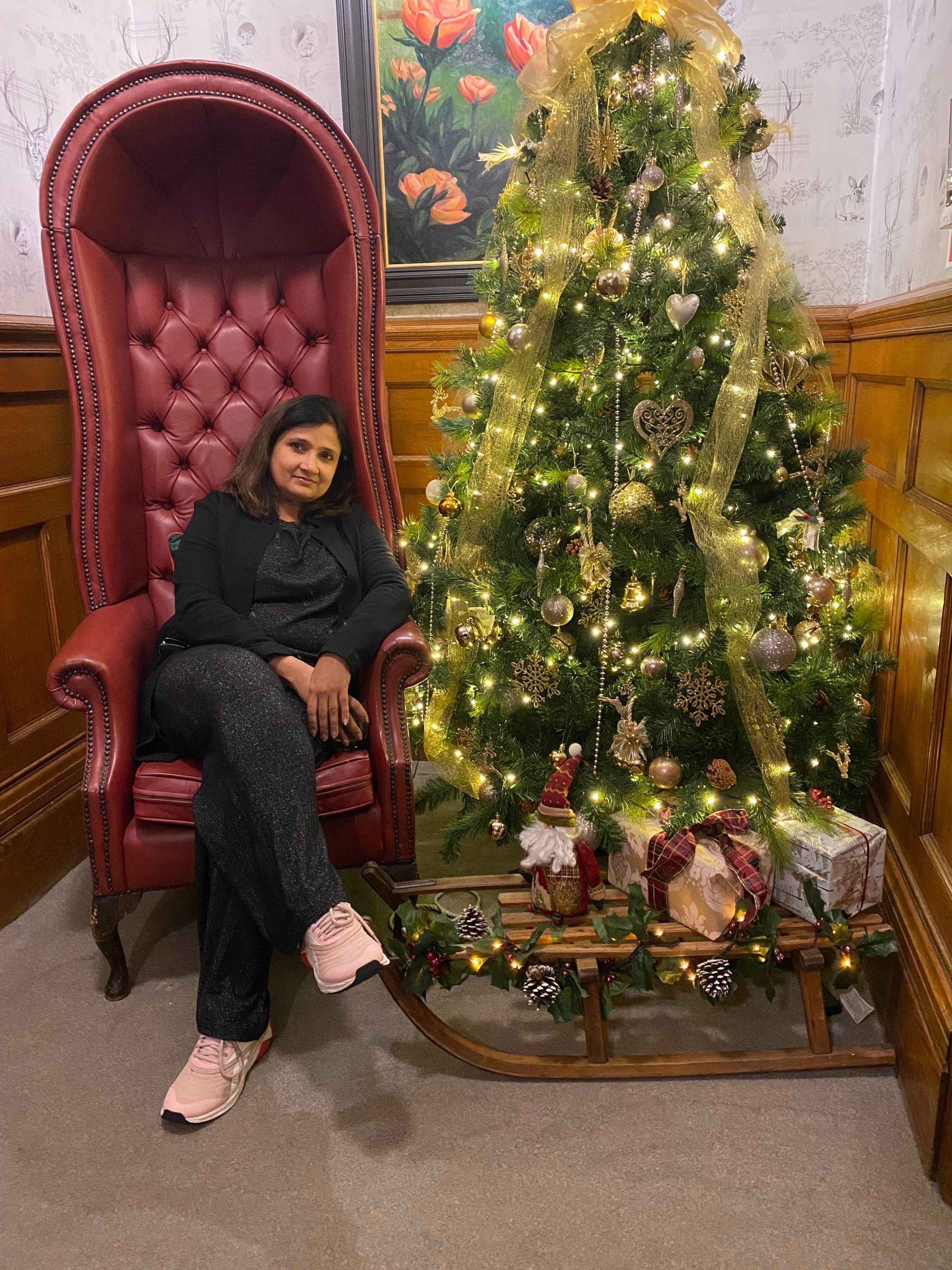
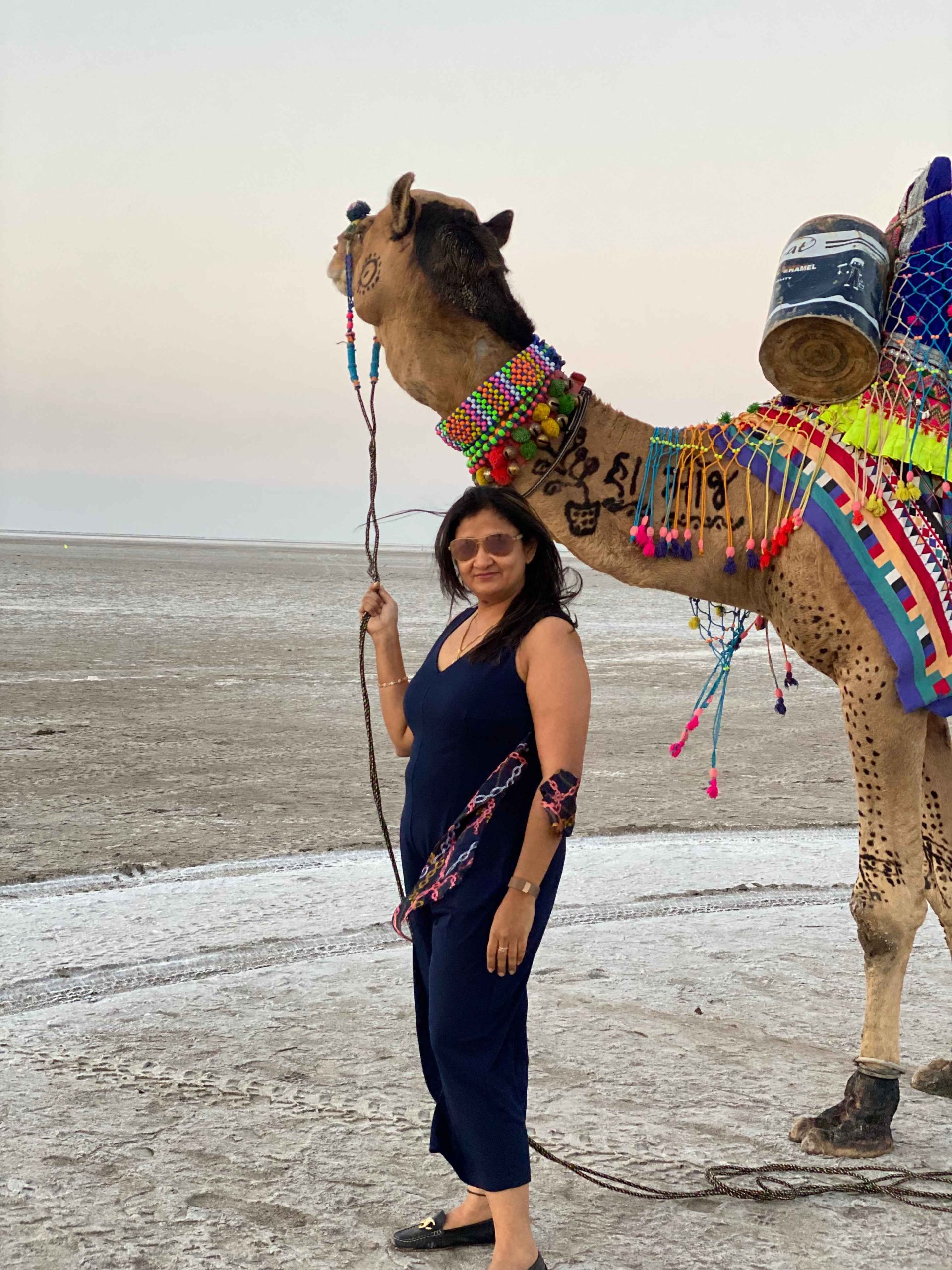

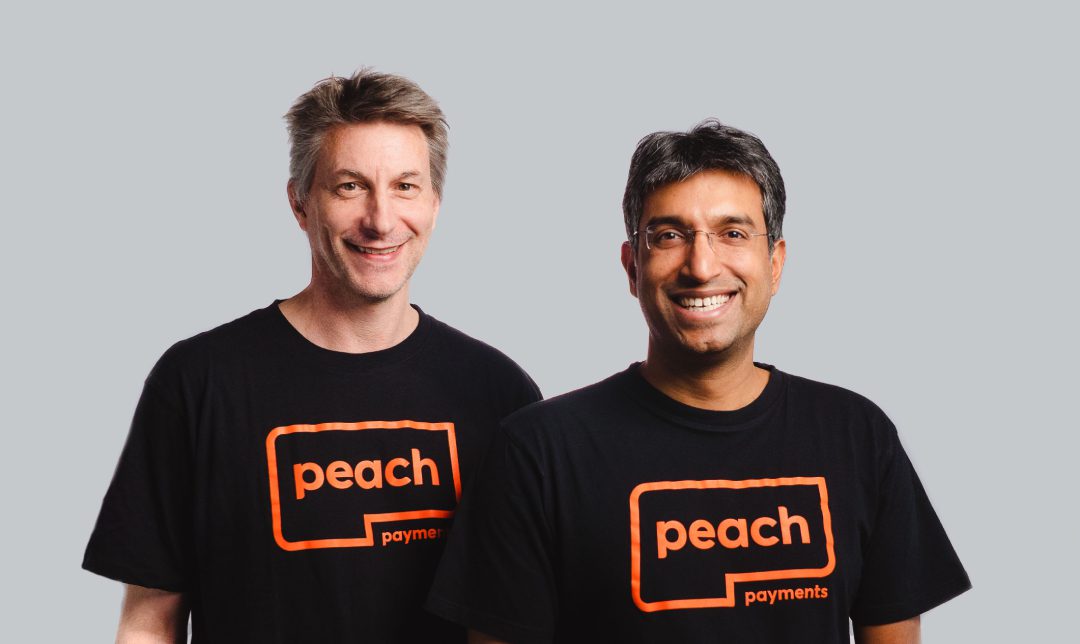 Andreas Demleitner and Rahul Jain are the co-founders of Peach Payments[/caption]
Andreas Demleitner and Rahul Jain are the co-founders of Peach Payments[/caption]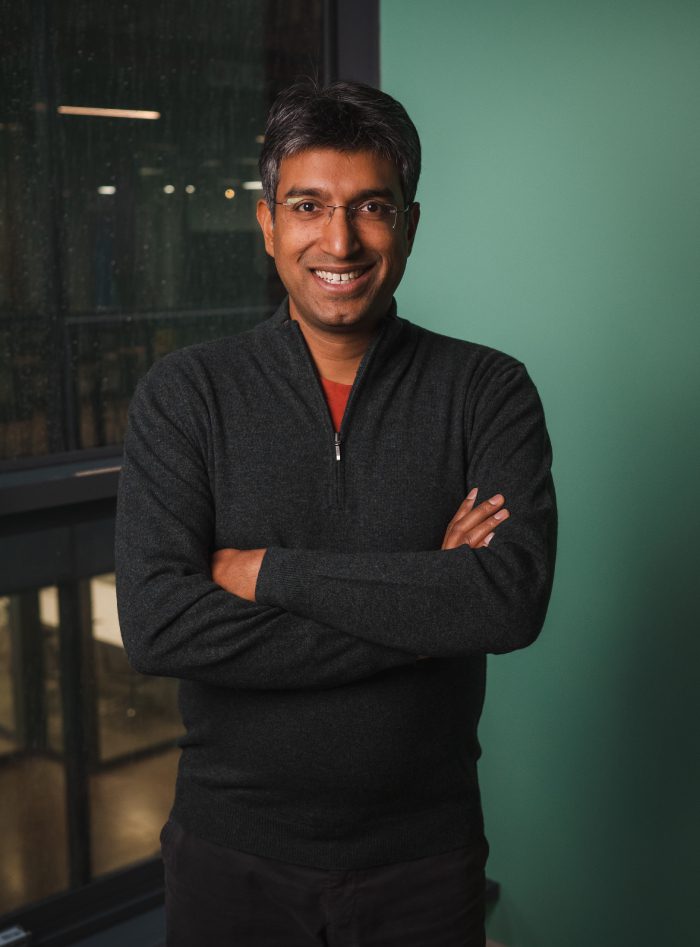 Rahul Jain moved to South Africa to start Peach Payments[/caption]
Rahul Jain moved to South Africa to start Peach Payments[/caption]